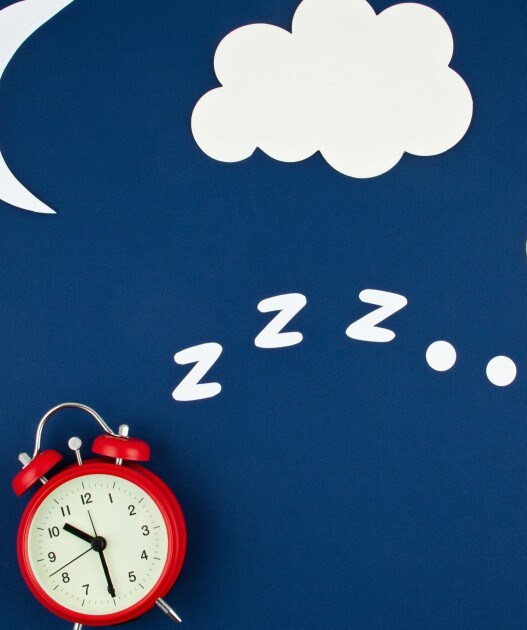dIt is usually after death to leave the body to science so that doctors can open it and establish an alliance inside for medical research. But not for Stephen and Lesley Crossley.
The researchers took their husbands and wife in the early 60’s and 70’s from the Sunbury of Frost, and looked deeply at the heart, brain, abdomen, bones, joints and blood vessels, but still looked at everyone while living.
CROSSLEYS has already signed up for researchers to seize the entire gene code, give access to medical records 10 years ago, conduct recognition tests, and provide regular data on this diet and lifestyle.
There are now 100,000 and 100,001 couples The entire body scanned through MRI, ultrasound and x -rays The vast and growing storage of medical research data stored in the UK BIOBANK totals 500,000 people.
It represents the completion of the 11 -year project with little thoughts when it was first proposed. The 60 million pound system has been the biggest attempt to capture more than 1 billion images from 100,000 volunteers, and as they grow older, they will shed new lighting about how the internal work of the human body changes and people are sick.
Experts can revolutionize the doctor’s ability to diagnose diseases such as Alzheimer’s and cancer at the early stages, experts say.
Naomi Allen, chief scientist of Biobank, said: “Researchers now have amazing spears in the body. For the first time, researchers are the first to study how our age and disease develop on how wonderful details and large scale.
“Many serious conditions, such as heart disease, cancer, dementia, and Parkinson, take a few years to start quietly, but these scans can identify early warning signals and identify subtle changes in the way the organ functions.”
On the planet, the body is a cross -ri, there are few scans, documentation and analyzed humans.
Stephen said, “We wanted to return something and spent time and spent time for medical research.The mother had a personal hand because of the early stages of dementia.
“For 10, 20, 30 years, I can be in a similar scenario.
Stephen Crossley was the 100,000th person scanned in the UK BIOBANK project and his wife Lesley was 100,001.
Time photographer richard pohle
Leslie was a “parent and older relative” who died in his life or suffered from serious illness, but recently he said, “We have hit you a little bit because we were about four older, cancer friends, heart attacks, and in your circle.”
The Times attended the 5 -hour Crossleys for 5 hours of the British Biobank for 5 hours, and there were more than 12,000, including 9,000 brains of brain, 1,200 hearts of the heart, 1,500 abdomen, ultrasound of rich artery, and bone density. The image is captured.
Stephen Crossley is preparing a MRI scan.
Time photographer richard pohle
The scanning project began in 2014 and handled volunteers only during the Easter weekend and Christmas weeks, 7 days a week, 354 days a year.
Dr. Tim Rittman, Cambridge’s neurological scientist, and Dr. Wenjia BAI, an AI expert in Imperial College London, are already using the first trench of scan data. They try to discover whether there are certain genes that increase the risk of human dementia and whether there are genetic factors that affect the function of the heart’s ventricles.
The British Biobank will find out if Crossless has a disease like Alzheimer’s or cancer and ultimately know how they will die.
All data is anonymous to identify the entire population trend. The MRI scan of 100,000 volunteers has been added to the vast medical information storage.
Stephen Crossley worked in the sale of chemical hygiene companies. Leslie was a PA of HOUNSLOW training for 20 years. Both are still volunteering. They would have married for 39 years next month.
Stephen said worldwide, “We know that there are hundreds of thousands of medical personnel who are digging into Biobank Research,” he said. “We are contributing in a very small way.”
“But it can be a huge way for those who have been treated to overcome the disease that had not been 5-10 years ago.”
The number of scientific research published using British biobank data was 6,000 in 2022.
Sir Rory Collins, a major investigator of Biobank, said: “It seems that collecting scanning from 100,000 volunteers seems to be a pipe dream. This image is not visible in this way, and we understand all the genes and lifestyle information of our volunteers.







































